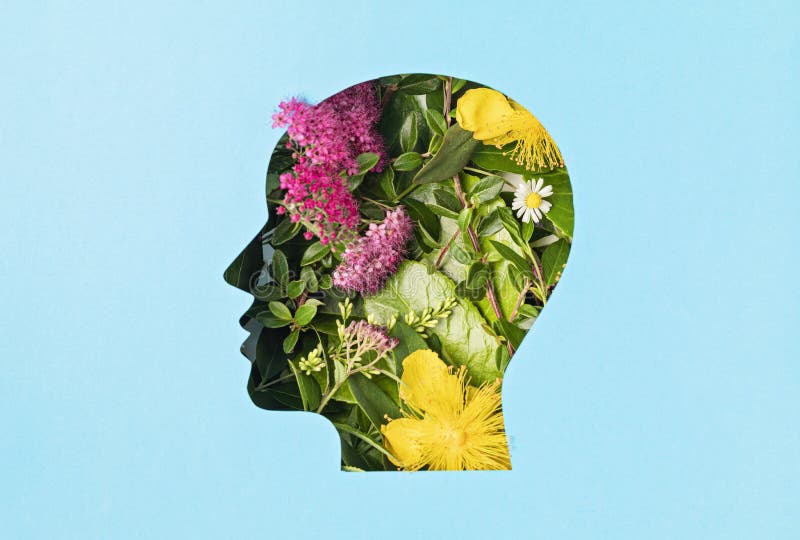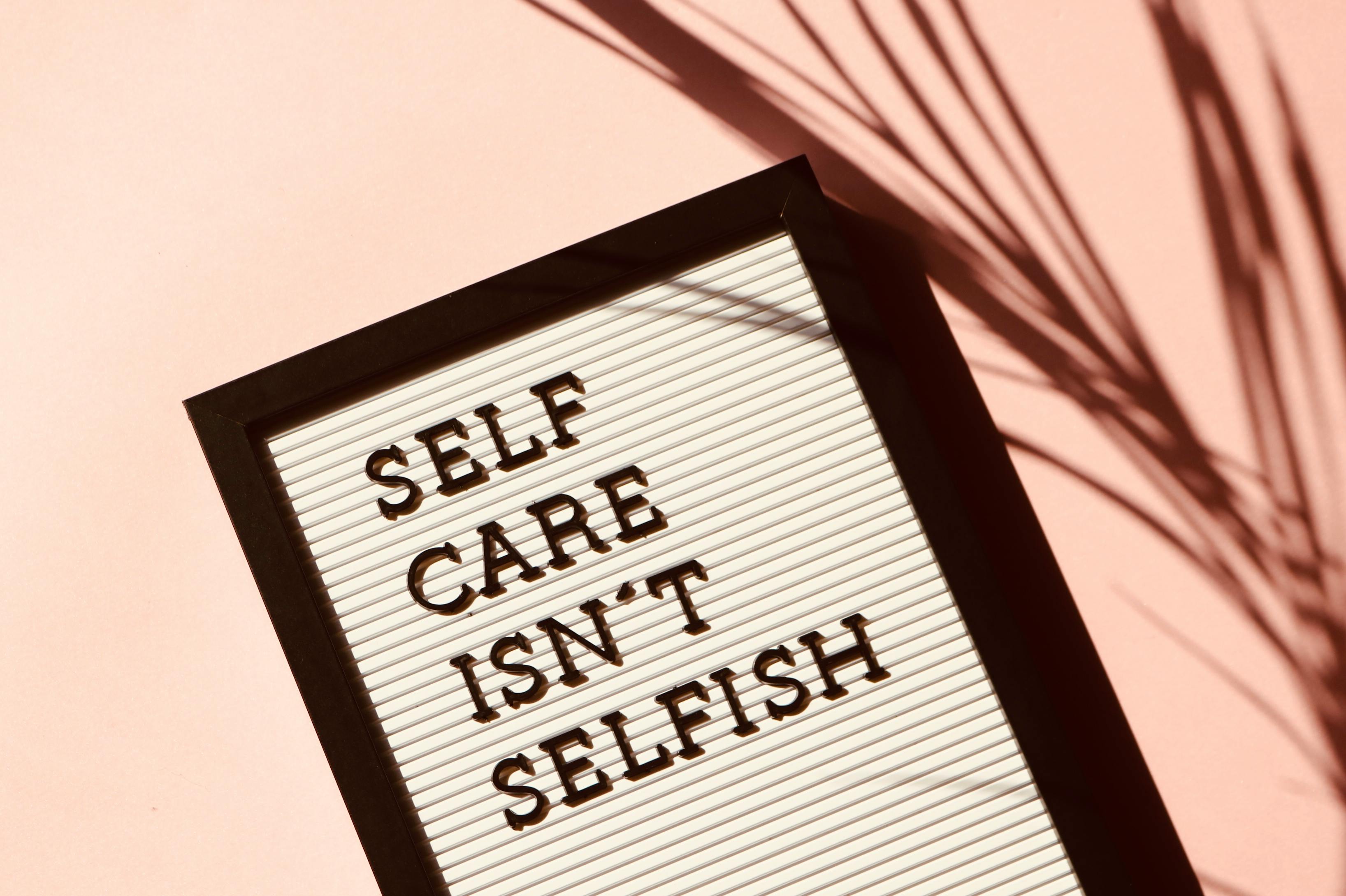Mental health is a vital aspect of our overall well-being. It affects how we think, feel, and behave, and it influences our ability to cope with life's challenges. Unfortunately, mental health issues are often stigmatized, leading to individuals feeling ashamed or embarrassed to seek help. However, it's essential to recognize that mental health struggles are common and that there is no shame in asking for support.
One of the most common mental health issues is anxiety. Anxiety can be defined as a feeling of worry, nervousness, or unease about something with an uncertain outcome. While everyone experiences anxiety from time to time, chronic anxiety can interfere with daily life. Symptoms of anxiety can include difficulty concentrating, insomnia, physical symptoms such as sweating or rapid heartbeat, and avoidance of certain situations.
Another common mental health issue is depression. Depression is a mood disorder characterized by feelings of sadness, hopelessness, and lack of interest in activities that one once enjoyed. Symptoms of depression can include fatigue, difficulty sleeping, changes in appetite, and difficulty concentrating.
It's essential to understand that mental health issues are treatable. Seeking support from a mental health professional, such as a therapist or psychiatrist, can be incredibly helpful in managing symptoms. Additionally, there are things you can do to promote mental wellness in your daily life, such as practicing self-care, getting regular exercise, and connecting with others.
In conclusion, mental health is a critical aspect of our overall well-being. It's important to recognize that mental health struggles are common and that there is no shame in seeking help. By prioritizing mental wellness and seeking support when needed, we can all live happier, healthier lives.



Comments
Post a Comment